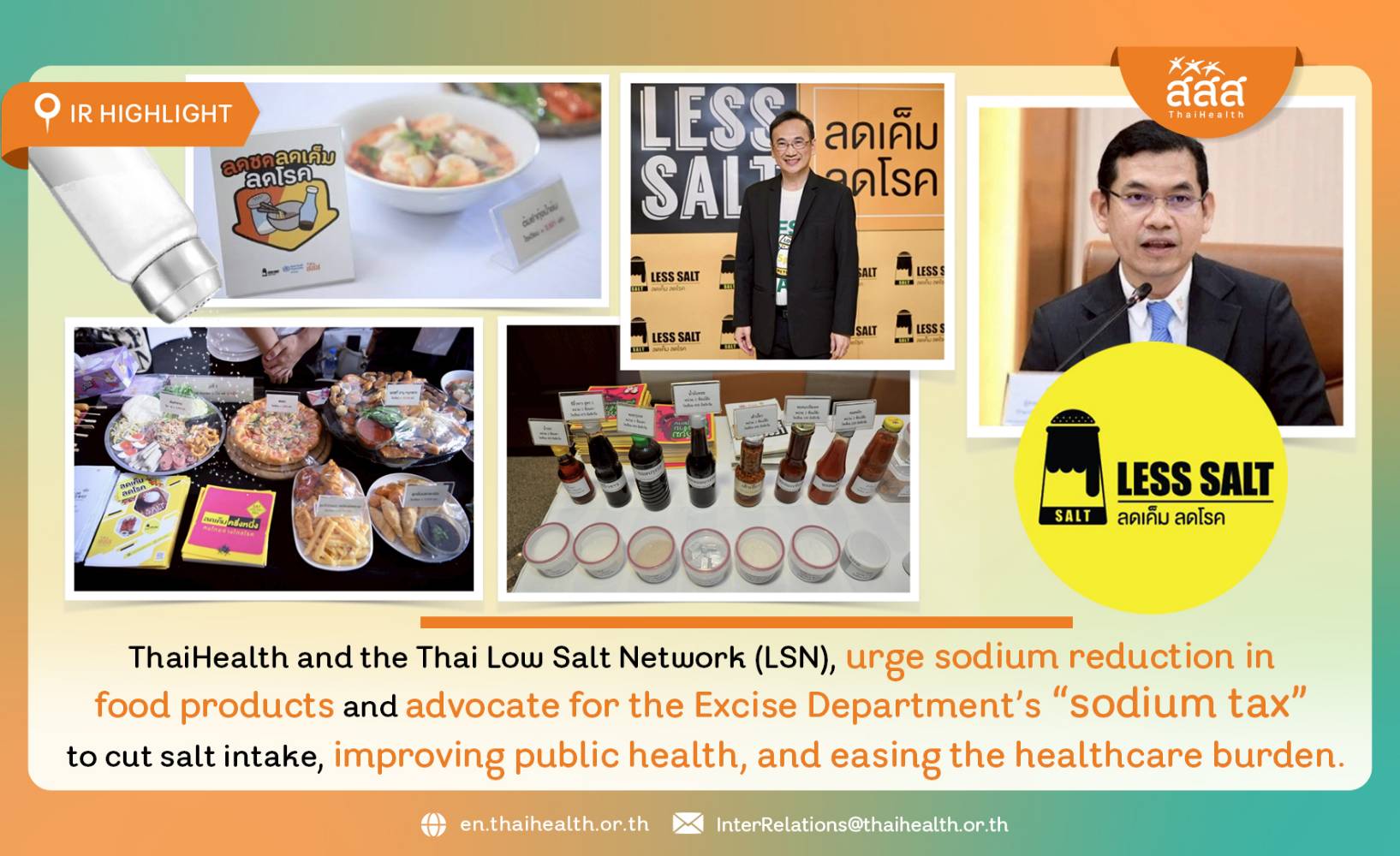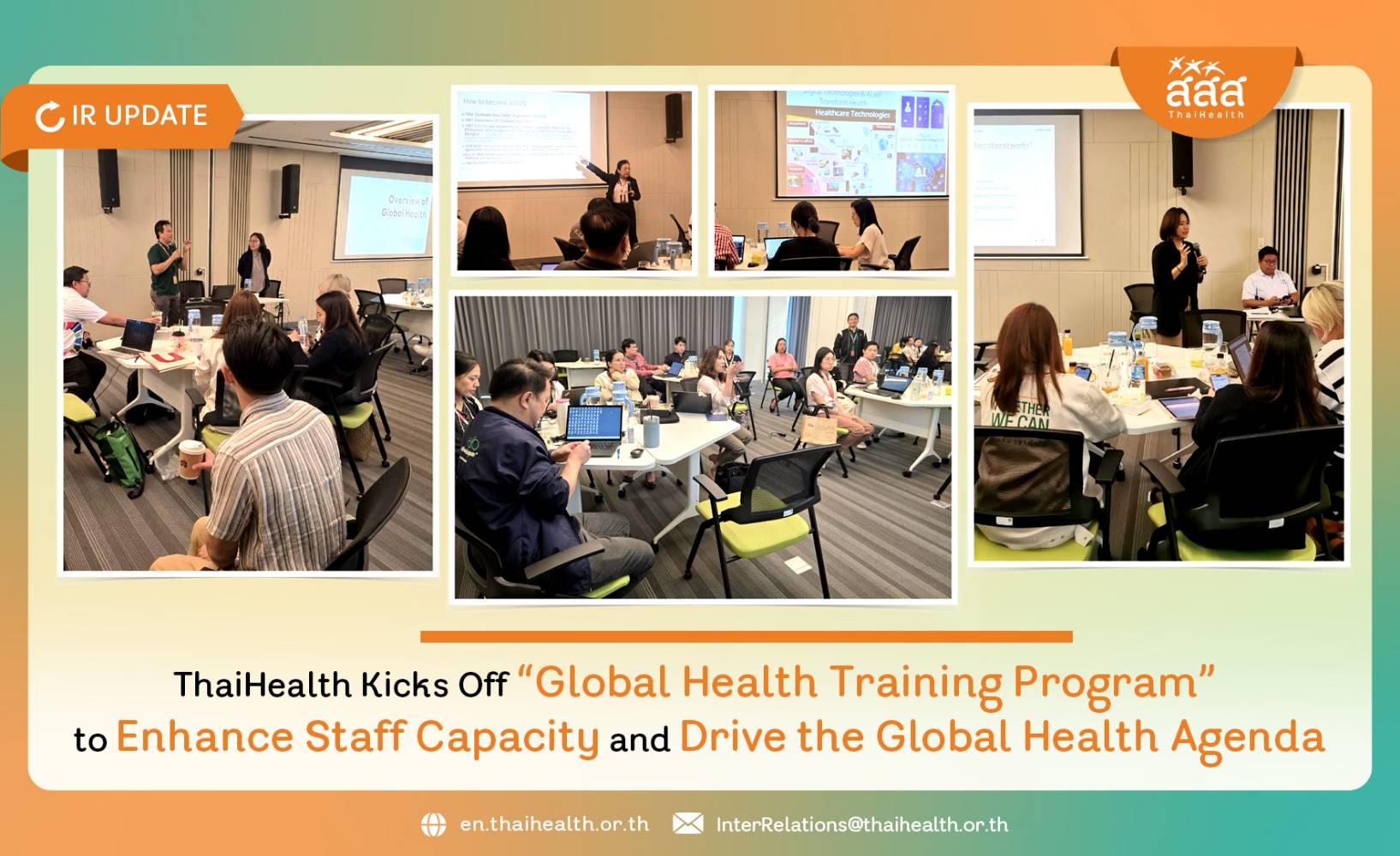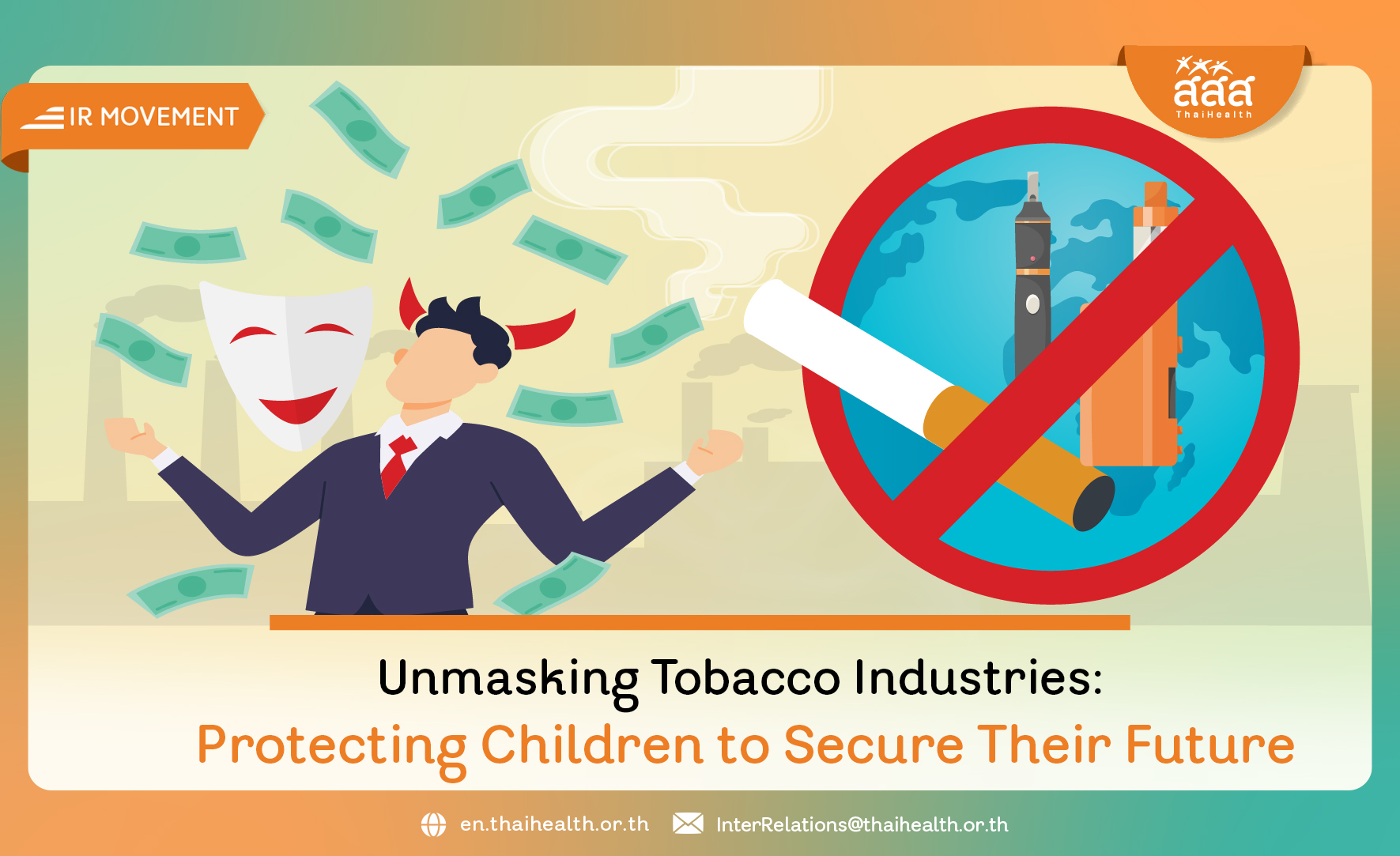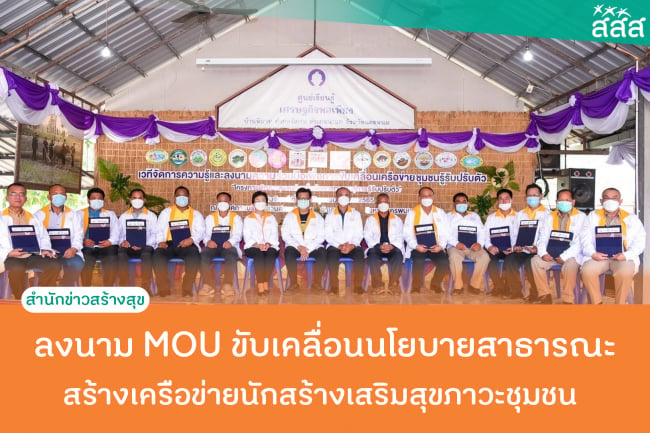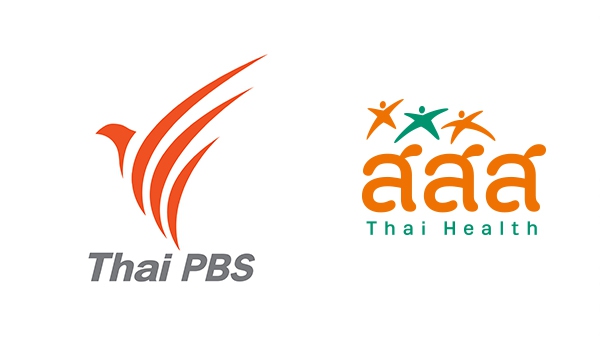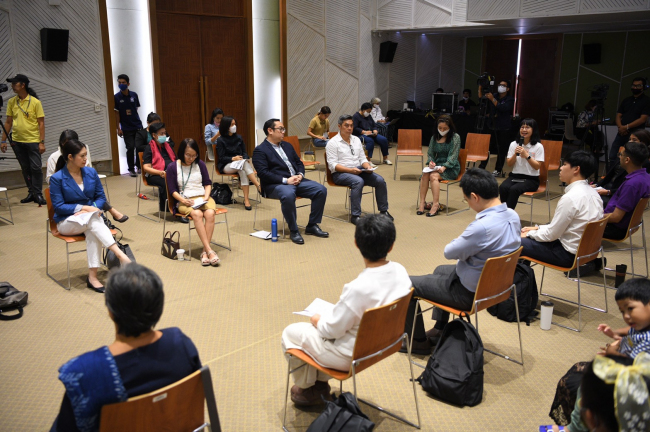
Creative Spaces planned for youngsters
Thai Health Promotion Foundation (ThaiHealth) has recently organised a discussion on integrative project propositions for youngsters by focusing on protection and prevention of child abuse within school walls, while proposing child development policies onto the master plan on the development of children and life quality in an effort to curb physical and mental abuse in children.
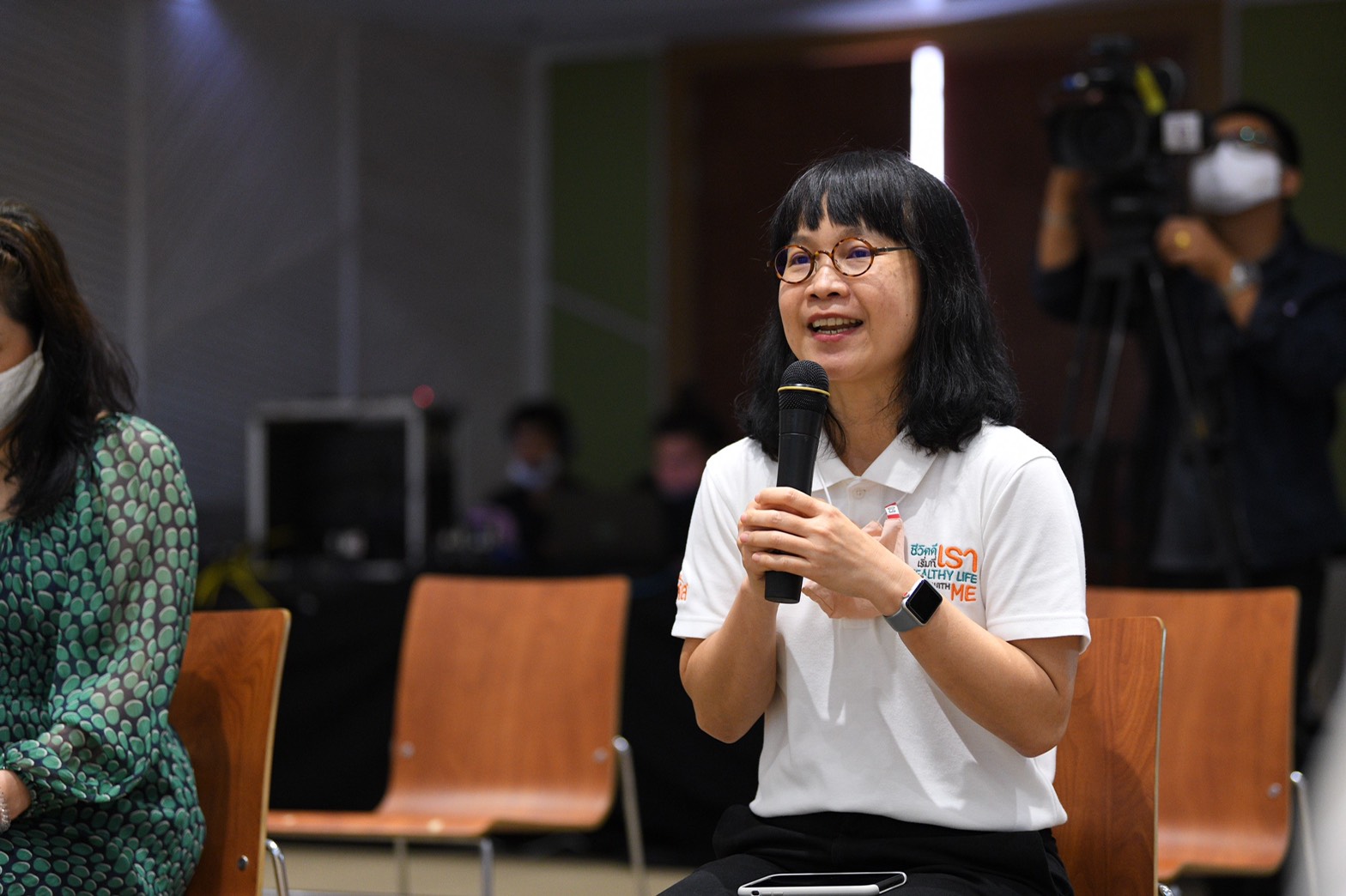
ThaiHealth launched an Online Policy Crowdsourcing on the topic of “Creating Safe and Creative Spaces for Children”. The discussion, taking place on October 5, 2020, at ThaiHealth in Bangkok, focused on brainstorming for measures to deal with the problems of violence on children. The proceeds of the discussion were then forwarded to the relevant national-level mechanisms as constituted in Early Childhood Development Act (2019).
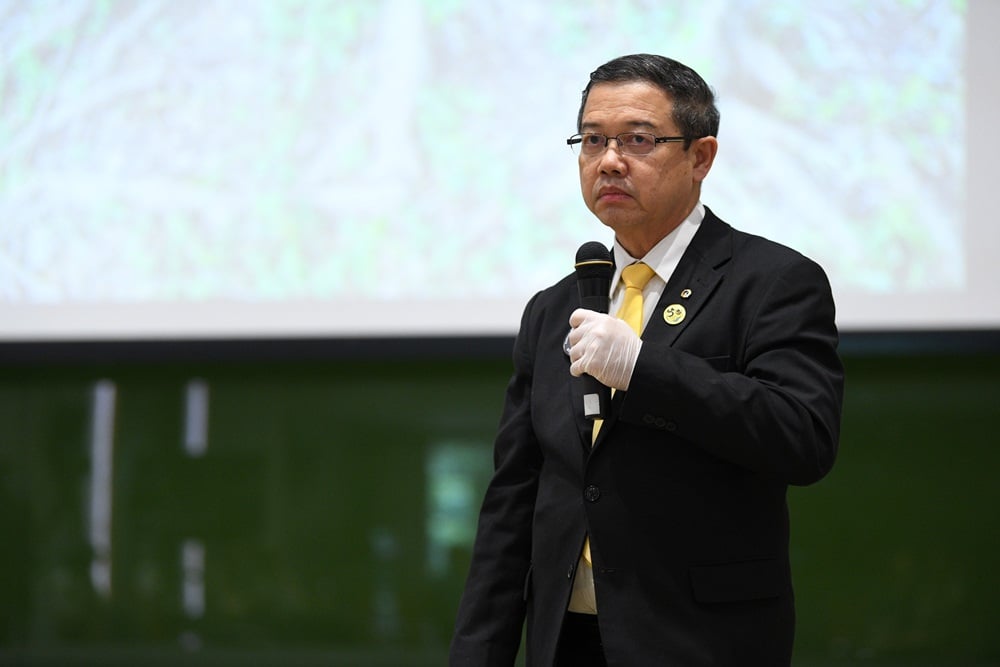
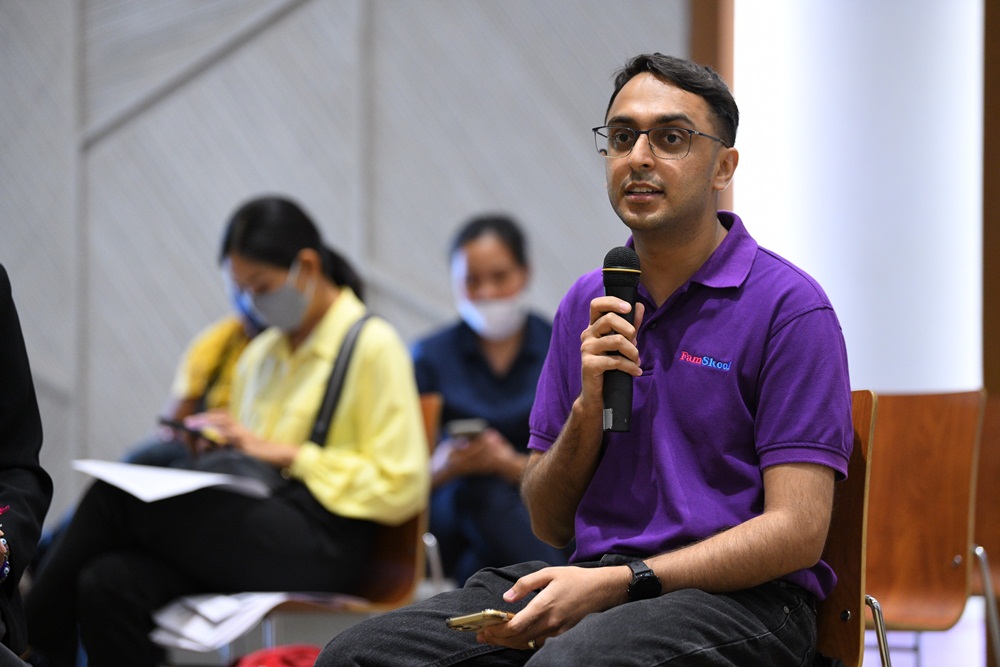
Director, Healthy Child, Youth, and Family Promotion Section, Ms Nattaya Boonpakdee, said that early childhood development is a common mission among several organisations. Thailand has a national-level mechanism that integrates and regulates direction, standards, and cooperation among several government agencies, e.g. Early Childhood Development Committee under Early Childhood Development Act (2019). This particular law works with an aim of developing children continuously, thoroughly, and equally.
The system of early childhood development comprises creation of participation among relevant agencies on all levels, – national, regional, community, and family – effectively. The system shall ensure that children are raised, developed, educated, and protected. The committee has planned to organise another meeting to brainstorm and forward all the ideas acquired to consideration so as to reflect the public participation concerning early childhood care.
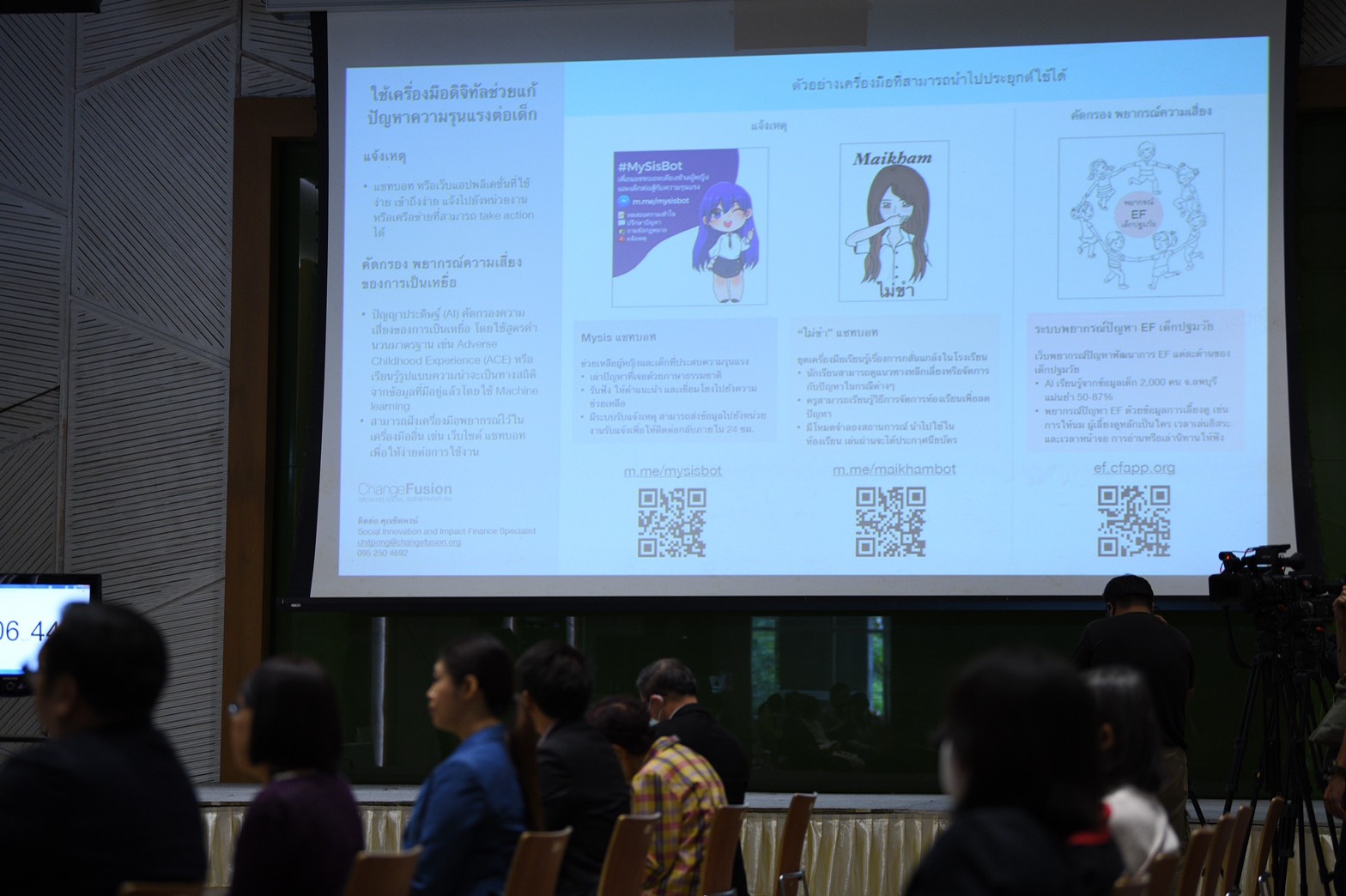
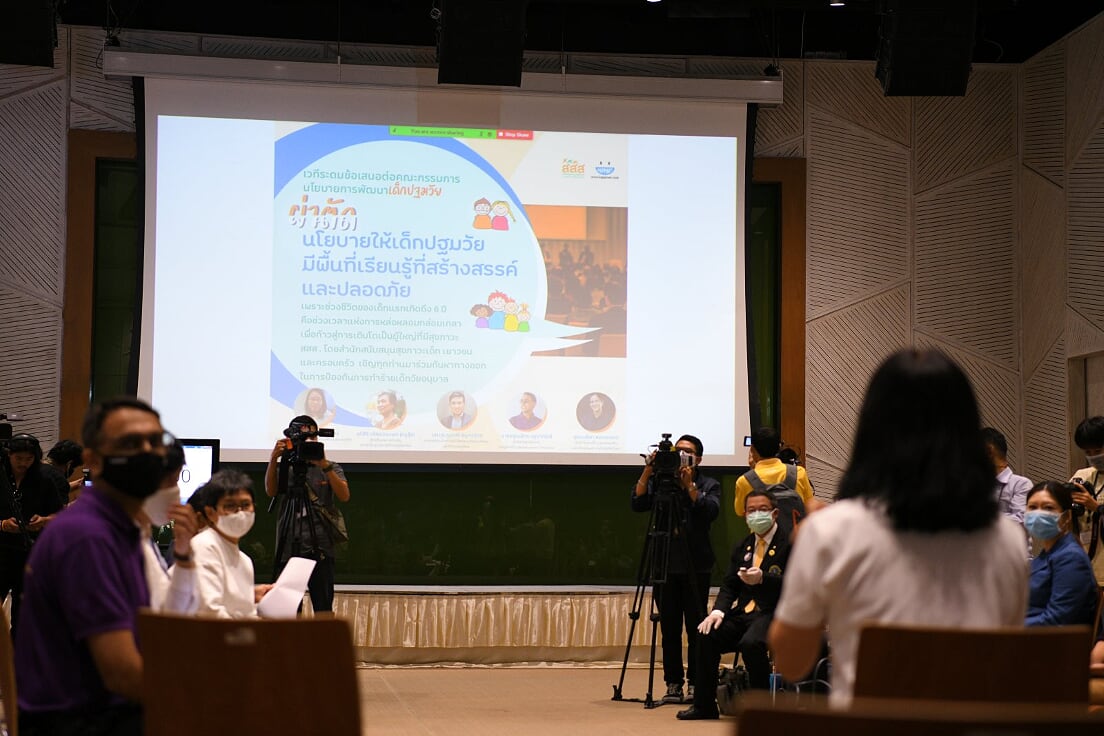
“At present, the big necessity for the Thai society is an increase of funding for projects concerning early childhood development, so that they grow up with necessary quality, and will be the quality adults who would take care of the society in the future. Now all we have to do is being helpful, protective, and on the look out for violence towards children; building a good quality of life for them; and creating safe and creative spaces for them to learn and grow. In addition, Thailand’s Health Report 2018 indicated that children in kindergarten were more exposed to violence than children in other age ranges. To echo this, ThaiHealth Watch 2563 (published in 2020) also indicated that the number of calls from youngsters who sought advice from Mental Health Hotline 1323 reached a new high, signifying high level of stress and anxiety, which poses the risk of depression that affects children in terms of bodily physiques, mental health, and their development, said Ms Nattaya.
Positive Psychology Expert and CEO of Life Education (Thailand), Mr Arunchat Guruvanich, said that schools and family are sharing their responsibilities in taking care of children in the form of “Parental Involvement”, which means that families of children can be involved only during certain periods of time – drop-off and pick-up times. This leads to the lack of safe and creative spaces for children, which is a weakness for attempts to protect kindergarten children from violence, as they are in the age of learning by playing and by freely exploring their imaginations.
If Thailand has a policy constituting families, schools, and child care institutions to equally share the responsibilities of child care in every dimension, it is believed that there would never be such incidents of violence in a private school as seen on the news.
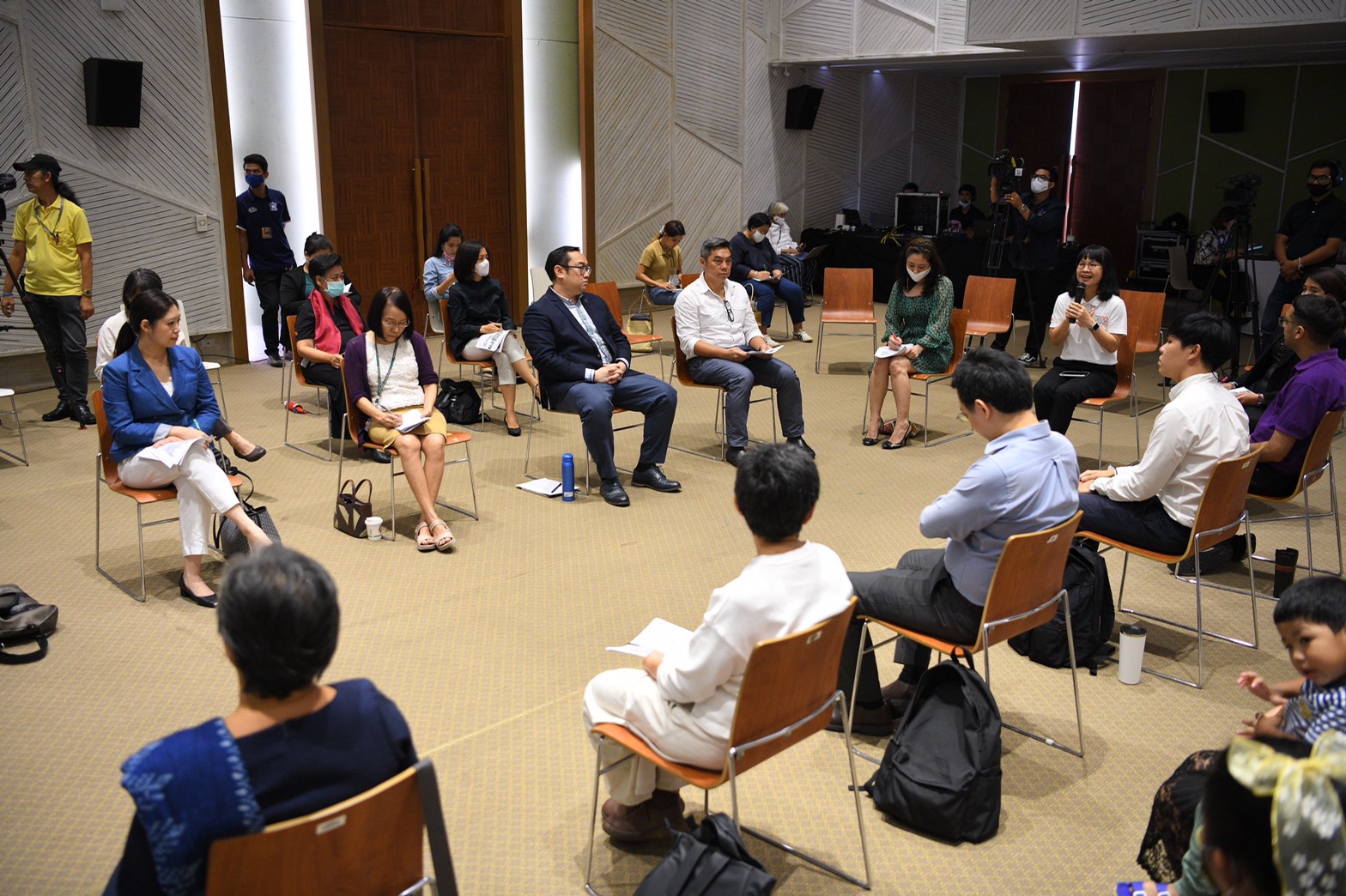
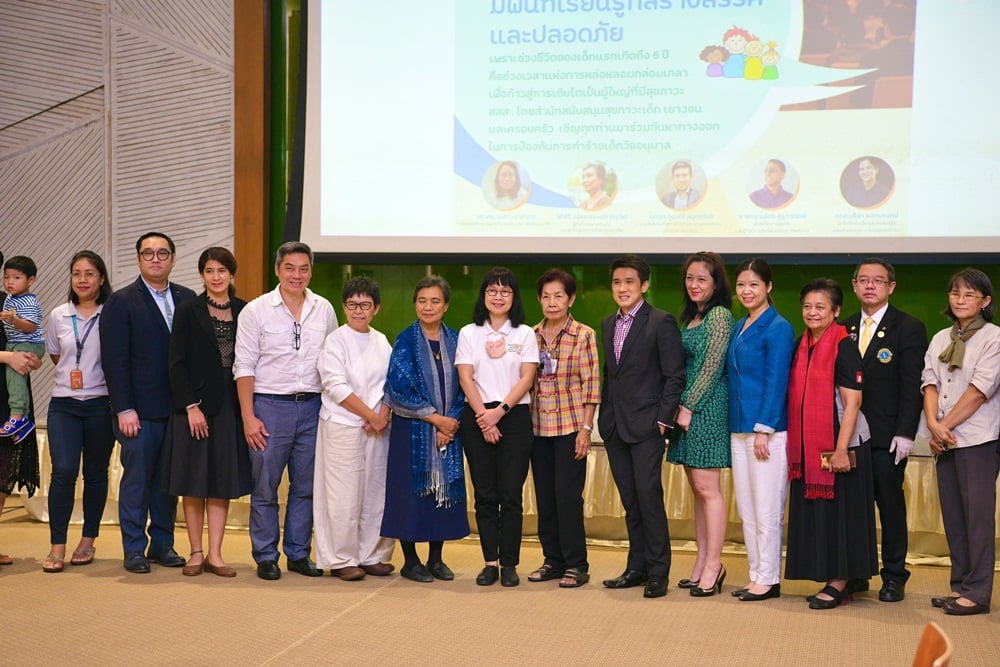
Pediatrician and child, youth, and family development expert, Dr Bovorn Malaengphuthong, said that policies concerning early childhood care in the 21st century stringently values prenatal care more than early childhood care. If the policies came through consideration and approval, Thai children would possess three big skills: 1) Basic skills for daily lives – literacy and creativeness, 2) Critical thinking – know how to control emotions and ability to explain complicated events, and 3) Personality – adaptation to different lifestyles, initiatives, leadership, and courage.
A discussion participant, Ms Benjarat Chongchamrasphan, added that the problem of violence may be rooted from the olden saying “If you love your cattle, tim them. If you love your children, beat them”. This is a seriously wrong concept of childhood care, as this ideology creates fear within the hearts of children that would affect them both physically and mentally in the long run. In order to play down or make this archaic ideology obsolete, adults need to adjust, change, and adapt to the new, safer, and more creative ways of taking care of children.


